Act now to check winter air pollution

We are once again at that time of the year when the air we breathe becomes dangerously polluted, not just in the capital but across the country. This year is no exception. Over the past few days, Dhaka's air quality has consistently been classified as unhealthy or hazardous, and there is a concern that pollution levels will worsen as winter intensifies. For instance, on November 27, the concentration of PM2.5 in the city exceeded the WHO standard by 43 percent—an ominous sign for public health.
According to a report by IQAir, a Switzerland-based organisation, Dhaka has ranked among the top two or three most polluted cities globally throughout November. On November 24, Dhaka's air was rated the second worst in the world, with an IQAir pollution score of 291. Just two days later, the score rose to 324, indicating hazardous conditions. The situation is clearly dire, and without immediate action, we risk a public health crisis in the near future.
It's unthinkable that we have come to a point where air pollution has become so dangerous, thanks to the failure of successive governments. Between 2000 and 2019, $6.5 crore was reportedly spent on two major projects to combat air pollution, in addition to other initiatives funded by hundreds of millions of dollars in foreign aid. Yet, despite these efforts, Dhaka remains one of the most polluted cities globally. High Court directives aimed at curbing air pollution—over 20 rulings, summons, and orders—have also been ignored, reflecting a failure of accountability and enforcement.
Today, illegal brick kilns continue to operate on the city's outskirts, spewing toxic smoke into the air. Outdated vehicles emitting black smoke ply the roads, while poorly planned construction projects scatter dust and debris throughout the capital. These persistent issues reveal the mismanagement and inefficiencies of successive governments.
Therefore, it is imperative for the interim government to take decisive action to combat this invisible yet deadly threat. We welcome the recent formulation of a national action plan to tackle air pollution. However, its immediate and effective implementation is critical. Additionally, the government must provide clear guidelines to citizens on how to protect themselves from the health hazards posed by polluted air. The time to act is now. Failure to address this crisis will only deepen its impact on public health and the economy.

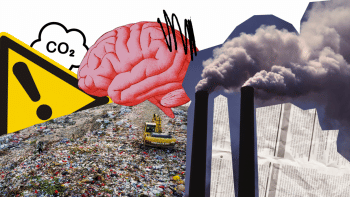
 For all latest news, follow The Daily Star's Google News channel.
For all latest news, follow The Daily Star's Google News channel. 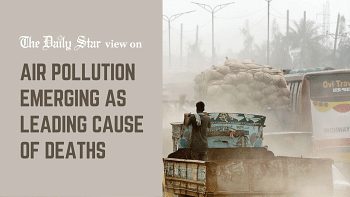
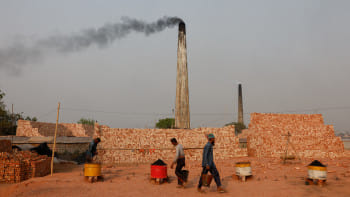
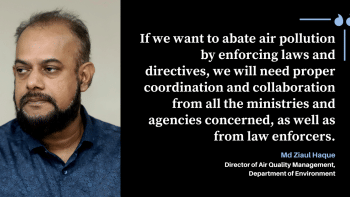


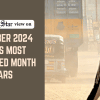



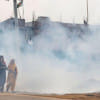


Comments